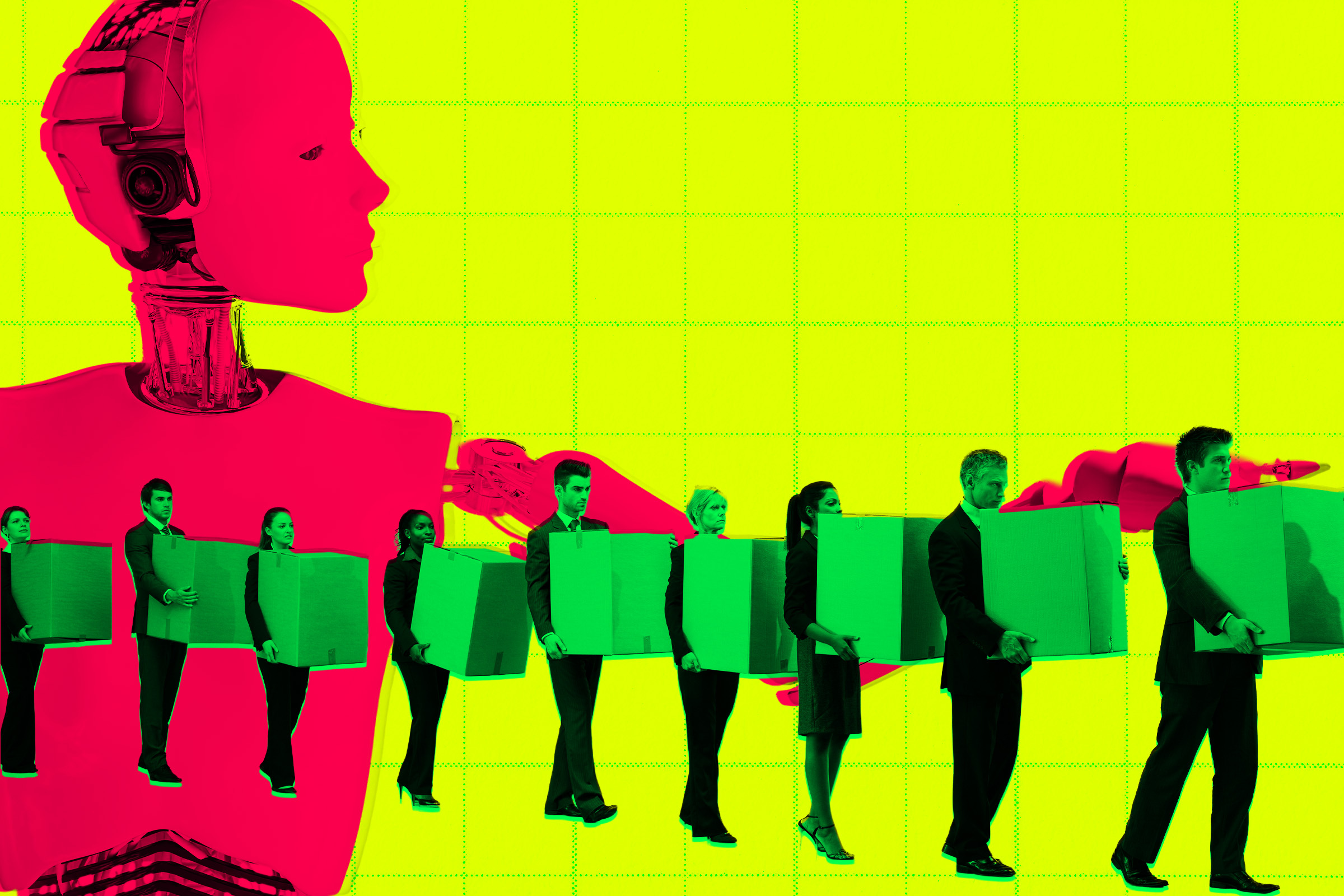OpenAI Successfully Sheds Its Roots as an Ethical Non-Profit
PositiveArtificial Intelligence

OpenAI has officially transitioned away from its original structure as an ethical non-profit, marking a significant shift in its operational model. This change is important as it allows OpenAI to pursue more aggressive funding and growth strategies, potentially accelerating advancements in artificial intelligence. As the AI landscape evolves, this move could position OpenAI to lead in innovation and development, impacting various sectors and society at large.
— Curated by the World Pulse Now AI Editorial System








